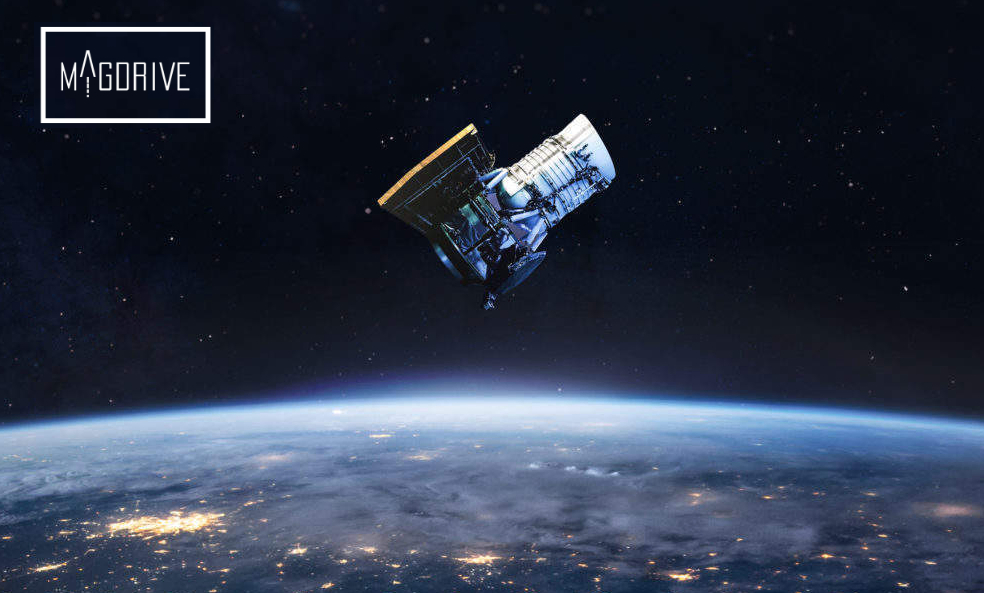
The rapid increase of smallsats being launched into Earth’s orbit is increasing at a phenomenal rate. From a total of 385 smallsats launched in 2019, the expectation now is that more than 6,000 will be launched during 2023, including SpaceX’s Starlink and Amazon’s Project Kuiper.
As satellites are evolving to be smaller, the development of agile propulsion technology to serve them effectively has not kept up. Magdrive has the answer to address the need for a breakthrough in satellite propulsion.
Magdrive is led by CEO Mark Stokes, a mechanical and deep learning engineer with a career in deep tech and aerospace, and CTO, Dr. Thomas Clayson, a plasma physicist and pulsed power electronic engineer.
Magdrive has just closed $2 million in seed funding from investors that include Founders Fund, who is a major investor in SpaceX. The company is currently working on an engineering model and currently speaking with prospective partners for On-Orbit Demonstrations.
The combination of high thrust and high specific impulse delivered by the Magdrive thruster are a generational leap ahead of any other propulsion systems. Other similar sized electric propulsion systems will typically produce less than 10mN of thrust, whereas Magdrive is looking to provide a colossal 100mN, providing small spacecraft with increased agility and control, sufficient for close-proximity operations and obstacle avoidance.
The Magdrive thruster consists of several magnetic coils, arranged to create a magnetic chamber. These coils confine and direct the hot plasma exhaust, provided by the pulsed plasma injectors. The unique element is the efficiency with which Magdrive manipulates the magnetic fields to direct the plasma to provide thrust. The high temperature of the plasma guarantees high efficiencies and specific impulses, while the high plasma density creates a high thrust.

Magdrive are on an exciting trajectory since forming in September of 2019. The company was accepted into Entrepreneur’s First in April, accepted into the European Space Agency Incubator in June and secured the backing of Founders Fund.

Satellites are just the start for Magdrive, as Mark Stokes has much greater ambitions. He said, “Just as the jet engine transformed the aviation industry, the Magdrive will be the catalyst for a new space age. We want to open up the space industry to completely new types of missions that were not possible before without resorting to much larger, expensive and heavier chemical thrusters. Fast and affordable interplanetary space, operations in Very Low Earth orbit, and laying the foundation for orbital manufacturing and asteroid mining are all within reach. We plan to scale up our technology to power larger manned spacecraft once in orbit, to long distance destinations such as the Moon and Mars. Our system would present a much more affordable option than a chemical or nuclear solution, due to the huge reduction in fuel costs.”
